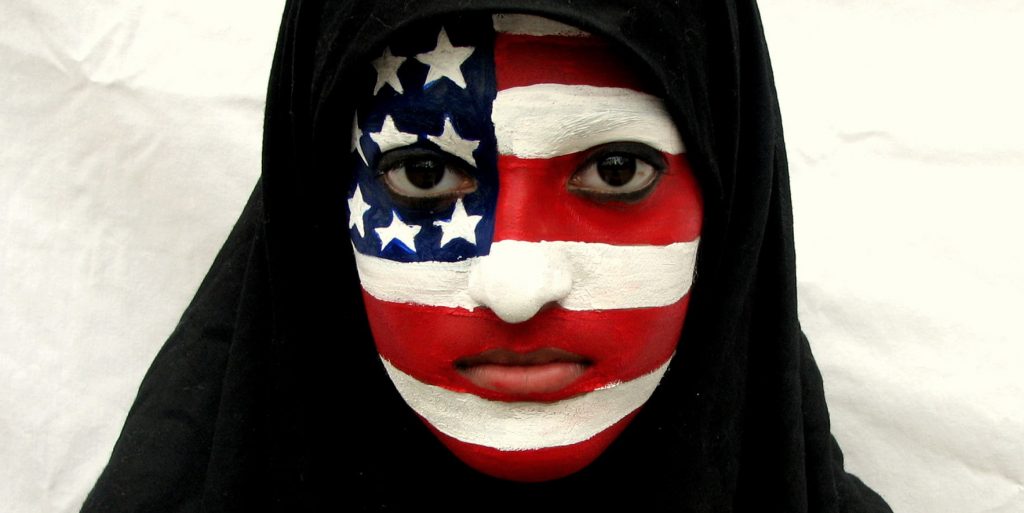Being a Muslim in America
Introduction
As the United States seeks to end global terrorism, attention of Americans is riveted on the Muslims. Perhaps, it is the worst time of being a Muslim in America because both history and humanity offer a lens through which American citizens judge Islam. The Muslim in America are widely varied and caught up in the historical and humanity perspectives. On the one hand, they seem to uphold their religious identity while on the other hand they tend to be part of the American society and participate in social and political institutions. The efforts of American Muslims have been meted with unjustified stereotypes (Skerry, 2013). Besides, upholding the Islamic identity wile assuming the American identity might force American Muslims to adopt a dual identity. In most cases, they might be compelled to adopt only one identity at the expense of the other. Historical treatment and social approach to Islam by Americans accounts for the experiences of Muslim Americans.
Analyzing Being a Muslim in America Through Historical Lenses
History has always portrayed Muslims in America negatively. Precisely, from a historical perspective, being associated with Islam or Muslims exposes one to hostility by the majority of American society who do not practice Islam. These majority have a misguided stereotype exacerbated by past terrorist attacks. In 2001, the U.S. Department of Justice recorded 1600% increase in anti-Islam hate crimes from the previous year (Ghazal, 2008). The increase was attributable to the September 11 attack, which was executed by Al Qaeda. Seven years after the attack, in 2008, national polls established that about four in ten Americans have an unfavorable view of the Islam. The same polls found out that about 50% of Americans believe that Islam is more likely than other religions to promote violence (Ghazal, 2008). The historical terrorist attacks, including the September 11 and Boston bombing, led to loss of American lives and property. The negative association of these losses to Islam with the longstanding war on global terror frequently place Muslim Americans under suspicion by the public. The historical and adverse experiences of Americans have worsened the effect on different social institutions. Social discrimination against Muslims emerged owing to these negative affiliations.
Analyzing Being a Muslim Through the Lens of Humanities
Cultural differences between non-Muslim Americans and Muslim Americans have created a misunderstanding of Muslims. From the perspective of humanities, being a Muslim in the United States integrates being misjudged due to cultural differences. Such differences have led to positive impact on the Muslim community who have been compelled to be resilient in the face of adversity. Muslim cultural practices, such as the wearing of hijab, differ from the mainstream fashion in America. The recognizable cultural practices of Muslims triggers misunderstanding by the majority of Americans, frequently making them to become victims of animosity. The need to identify with the American culture among Muslim Americans forces them to develop resilience. In other words, for instance, women Muslims might wear hijab despite being stereotyped by the public. Such resilience have positively affect fashion, education, and politics. Owing to the resilience, fashion designers have begun integrating Islamic culture in their cloth lines (Fadel, 2018). Politics of inclusivity have also toned down the stereotyping of Muslims. Moreover, Muslim art schools have combined efforts with other minorities to fight inequality in the society.
Conclusion
The analysis of being a Muslim in America through lens of history and humanities reveals that the American society has not fairly treated Muslims. From a historical perspective, the past terrorist activities have been the basis of judging Muslims. From the perspective of humanities, Muslim victims of unfair treatment by Americans have developed resilience, positively shaping the society’s view of Islam.







